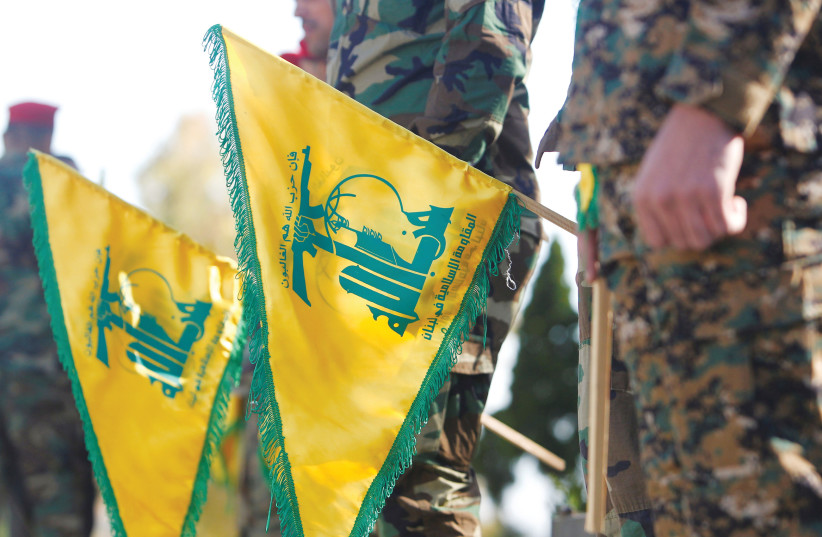Elizabeth Tzurkov, a Russian-Israeli researcher, has been missing for several months and is being held by a Shiite militia in Iraq. Tzurkov holds an Israeli and a Russian passport, and according to reports, decided to fly to the country for academic research for her doctoral thesis.
Maariv's 103FM radio station spoke on Thursday about the issue with Prof. Uzi Rabi, head of the Moshe Dayan Center for Middle Eastern and African Studies at Tel Aviv University, who brought new details about the news.
"It's actually the Hezbollah battalions, a team originally Iraqi battalions. It has nothing to do with the Lebanese Hezbollah," Rabi noted. "These battalions were originally Iraqi battalions that will become the platform through which Iran will become such a significant country within Iraq after the fall of Saddam and the expulsion of the Americans.
"This is a militia that broke away from the power of Iran. This is a body that is connected to the Iranian Revolutionary Guards and financed by it, and a body that has a lot of moves in society as well Iraqi, in the media dimensions. The painful story of Iraq that fell, Iran is very, very dominant and strong in it."
Regarding the motive for the kidnapping, he explained that "this organization is an organization whose [essence] is anti-American. The Americans put it on the blacklist of terrorist organizations.

"There are really many [factors at play] here. Israel, in a tactical move, has put the responsibility [of Tzurkov's safety] on the Iraqi government. A very complex negotiation, a very complicated issue."
Will Putin be Elizabeth Tzurkov's savior?
The 103FM interviewer pointed out that "with one statement, Putin can be the one to get her released."
Rabi contradicted her, saying: "I am not sure that with one statement he can do that. We hear the things that they say in the US, and in Russia, but that does not mean that that is the reality. There are two things here that need to be taken into account - she is in Iraq and she is alive...In my experience with Iraq and the people working here, the business here is very complex.
"I wish a good Samaritan like Putin would pull the chestnuts out of the fire. We will wait and see. [This is] a highly unusual thing. A warning light should be sent here to many researchers from our fields."
"Israelis shouldn't be there," he concluded. "But sometimes when there are double passports and [one of the citizenships] creates tension with the subject of the research, sometimes people are tempted. It's not the first time we've heard of these things, it's a warning sign for a lot of Israelis... We are crossing our fingers..We should hope that it will end positively, but there is no rosy sign on the horizon for now. We will have to wait and see how things develop."
